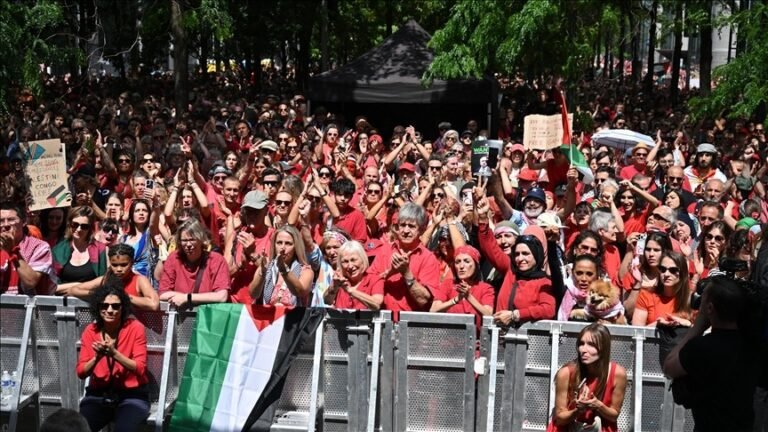Israel has lodged a formal protest against the European Union after Brussels proposed partial sanctions in response to the worsening humanitarian crisis in Gaza. The measures under discussion include suspending aspects of the EU-Israel trade agreement, freezing public contracts, and restricting certain intellectual property rights.
Foreign Minister Gideon Saar sharply criticized the proposals, calling them both “morally and politically distorted.” He warned that if enacted, the measures could harm bilateral relations and provoke economic or diplomatic retaliation from Israel.
The EU’s initiative reflects mounting frustration within Europe over the humanitarian toll of the ongoing conflict. European officials argue that pressure is needed to push Israel toward greater accountability and to ensure compliance with international law. The sanctions would represent one of the most serious steps the bloc has taken against Israel in decades.
For Israel, the move is seen as a dangerous precedent. Saar stressed that targeting trade and legal agreements undermines cooperation at a time when broader regional stability is already at risk. He also argued that the proposals ignore Israel’s security concerns and the ongoing threats it faces.
Diplomats say discussions in Brussels remain at an early stage, with member states divided over how far to go. Some governments favor strong action to address humanitarian issues, while others worry about damaging long-term strategic and economic ties with Israel.
The proposed measures would not represent a full suspension of the trade agreement but would freeze certain benefits and access. Analysts note that while the scope may be limited, the political symbolism is significant. For Israel, even a partial suspension signals growing isolation in Europe.
The backdrop is the continuing war in Gaza, where casualties and destruction have fueled international concern. Humanitarian groups have urged stronger action from global powers, calling for aid access and accountability. The EU’s proposals reflect these mounting pressures.
Israel’s protest comes as the government faces rising international criticism, including from key allies, over its handling of the conflict. At the same time, domestic voices inside Israel warn that escalating disputes with Europe could further complicate the country’s diplomatic standing.
Observers expect weeks of debate within the EU before any final decision is made. Even if the sanctions move forward, implementation would require unanimous approval from member states, a process that often leads to compromise or watered-down measures.
For now, Israel’s response makes clear that it views the EU’s proposals not only as an economic threat but also as a challenge to its political legitimacy. Saar’s warning of retaliation suggests that relations between Israel and Europe could face serious strain if the sanctions are adopted.
The standoff highlights the deepening tension between Israel and the EU over Gaza. Whether Brussels follows through with its proposals will test both sides’ willingness to balance humanitarian concerns with longstanding strategic partnerships.







